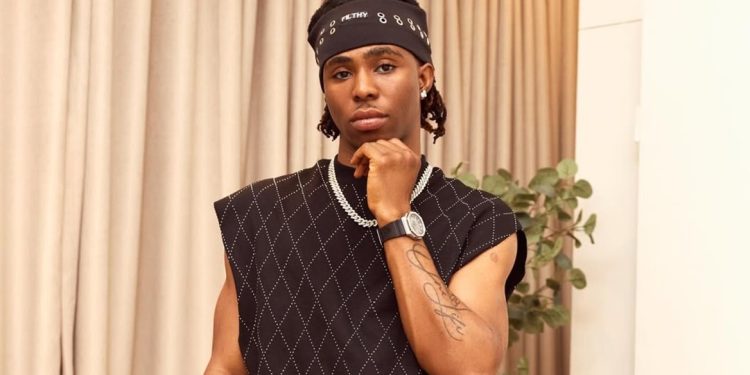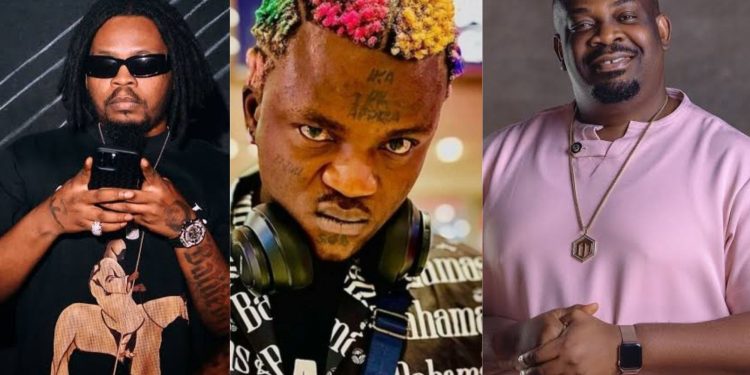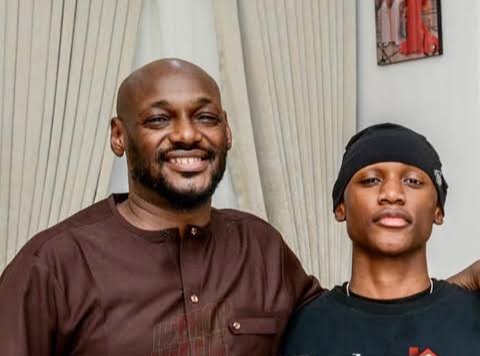Burna Boy has sparked fresh debate after making comments about the legendary Fela Anikulapo Kuti, suggesting that the Afrobeat pioneer remains the only African artist he views as truly great. In past interviews, Burna Boy said: “only Fela Kuti does Afrobeat as far as I’m concerned.”
The remark generated mixed reactions online, with fans and music critics revisiting Burna Boy’s statements about his own position in relation to Fela’s legacy. While he appreciates his inspiration, he also emphasised a different path for himself.
Read Also: Adekunle Gold Reveals Ongoing Battle with Sickle Cell Disease
Comparing Two Eras
In a 2018 Radar Radio interview, Burna Boy said: “As far as I’m concerned, only Fela Kuti did Afrobeat … nobody else has matched his game.” He clarified that his own style is “Afro-fusion”, rather than Afrobeat.
Why the Claim Generated Reaction
The comment challenged many fans who believe other African stars deserve similar status. Additionally, some viewed it as an attempt by Burna Boy to distance himself from direct comparisons rather than elevate his own position.
Burna Boy’s View on his Own Place
While many interpreted his statement as boastful, Burna Boy later told GQ he feels uncomfortable being compared with Fela. He called Fela his inspiration and said: “If it wasn’t for Fela there probably wouldn’t be any me.”
Implications for the Genre
The discussion echoes a broader debate about legacy in Nigerian music: how to honour pioneers like Fela while celebrating contemporary stars like Burna Boy. It raises questions about genre definitions—Afrobeat vs Afrobeats vs Afro-fusion—and how successors position themselves.
What To Watch Next
Fans will be watching how Burna Boy addresses this narrative in upcoming interviews or concerts. Whether he uplifts others or clarifies his stance further could shape his public perception and legacy in the African music scene.


&format=webp)






